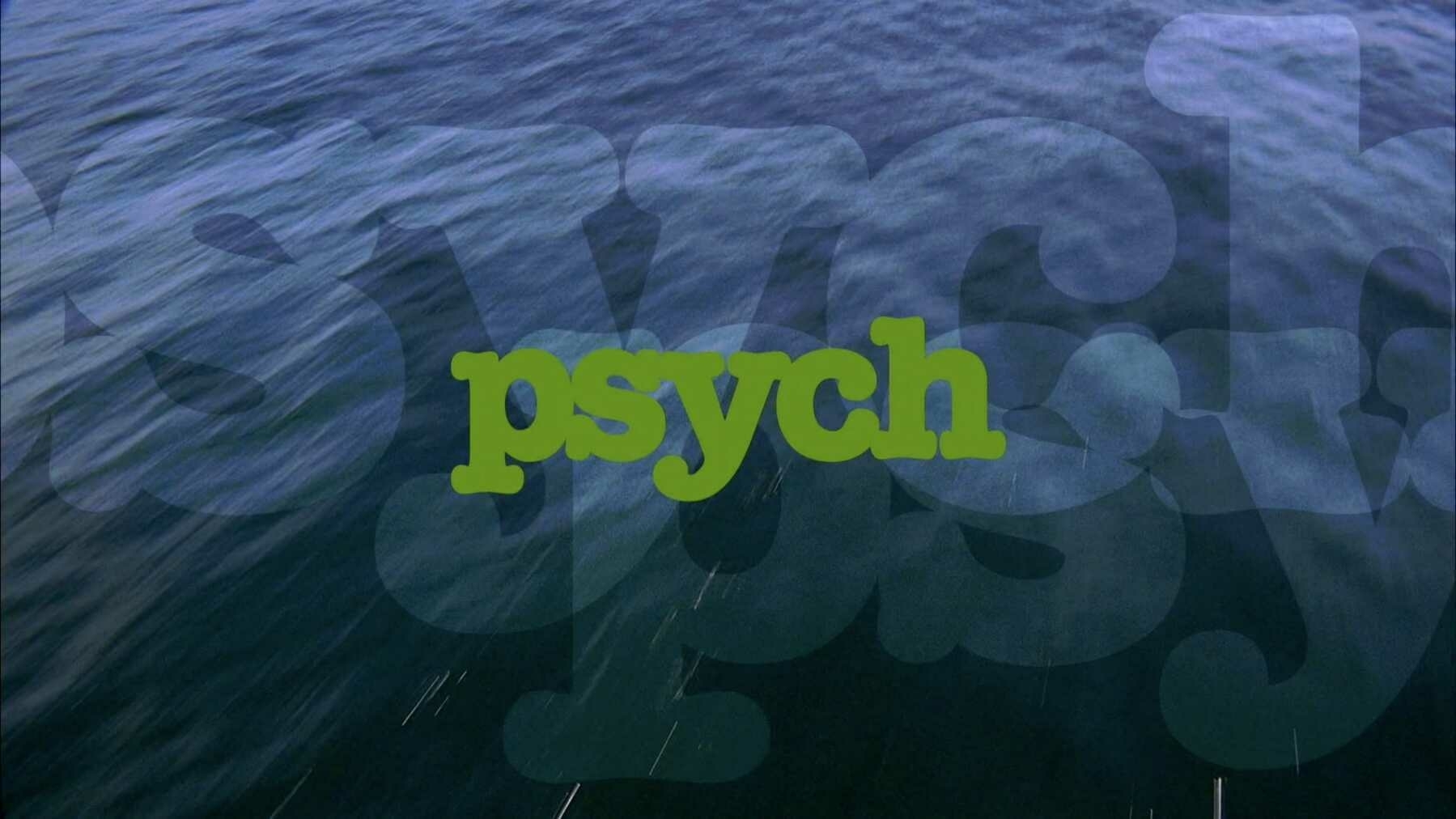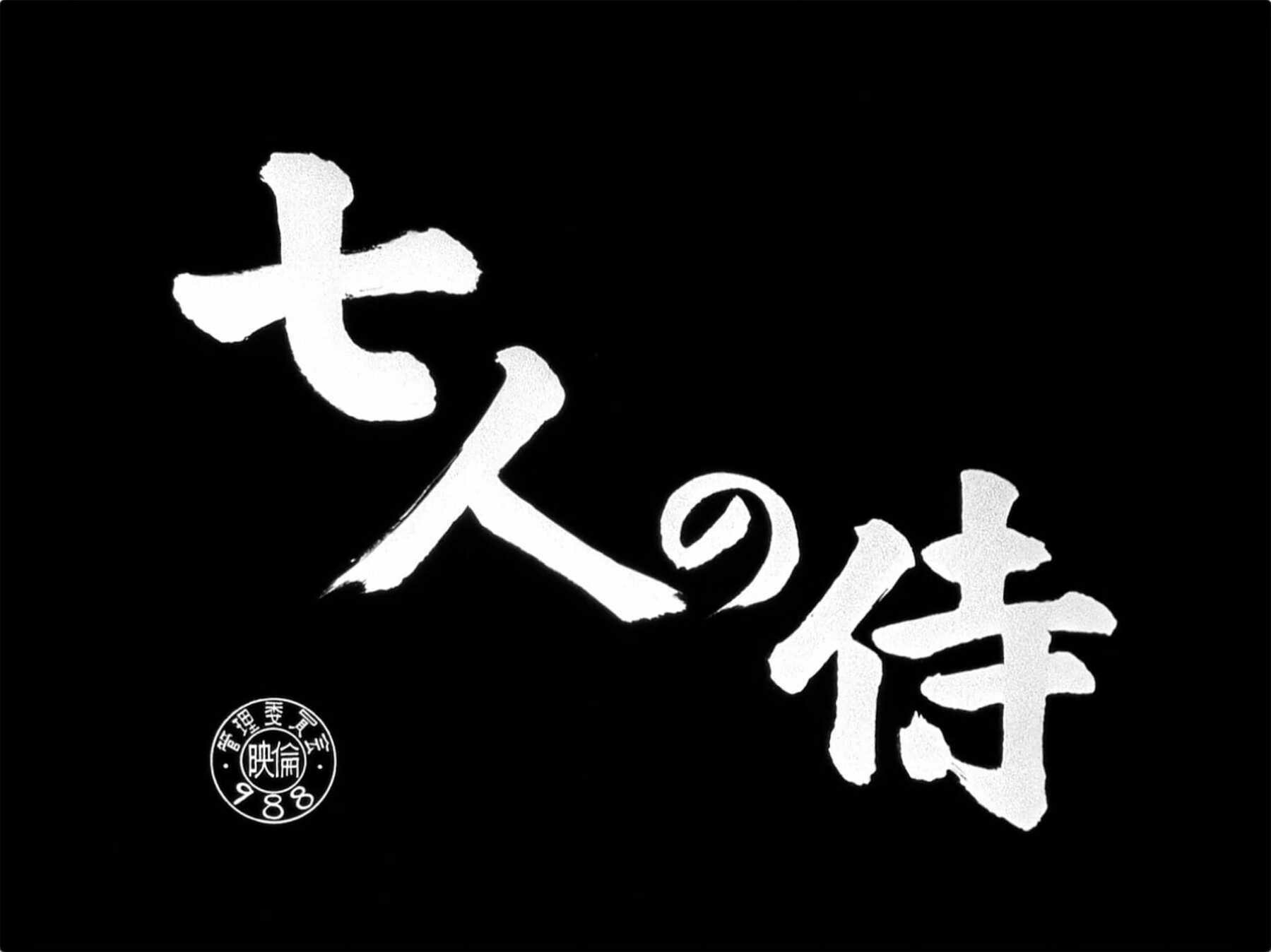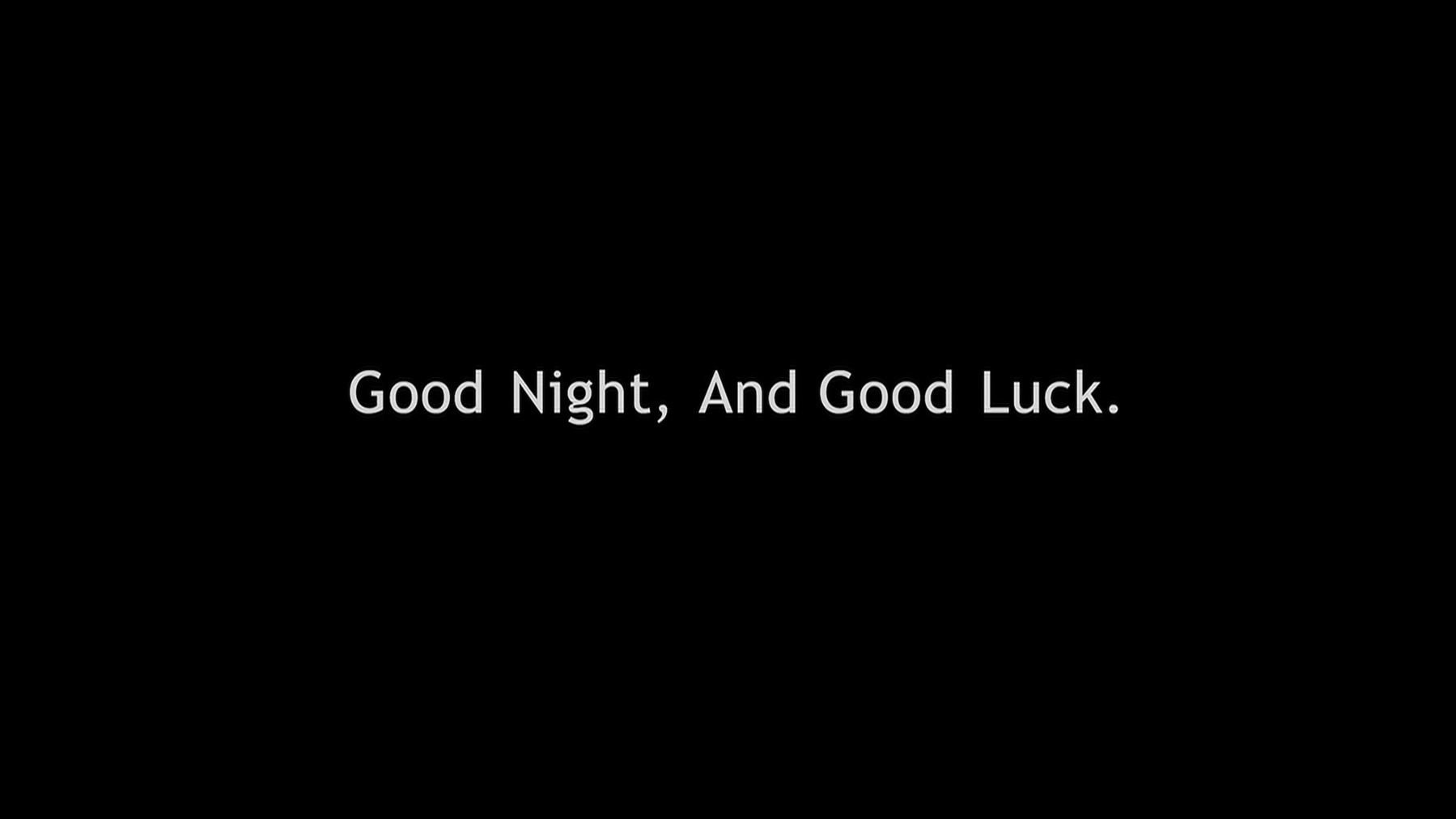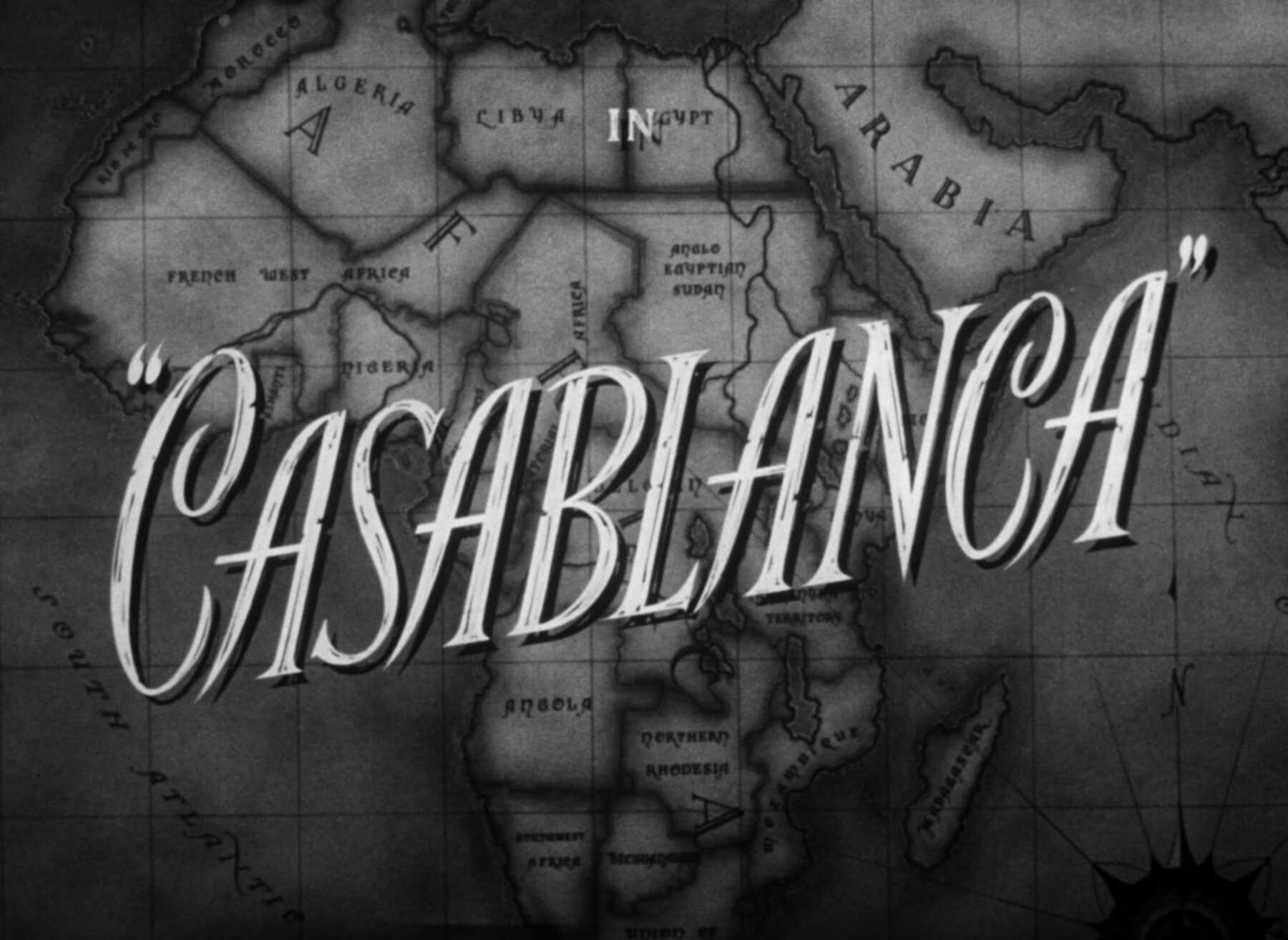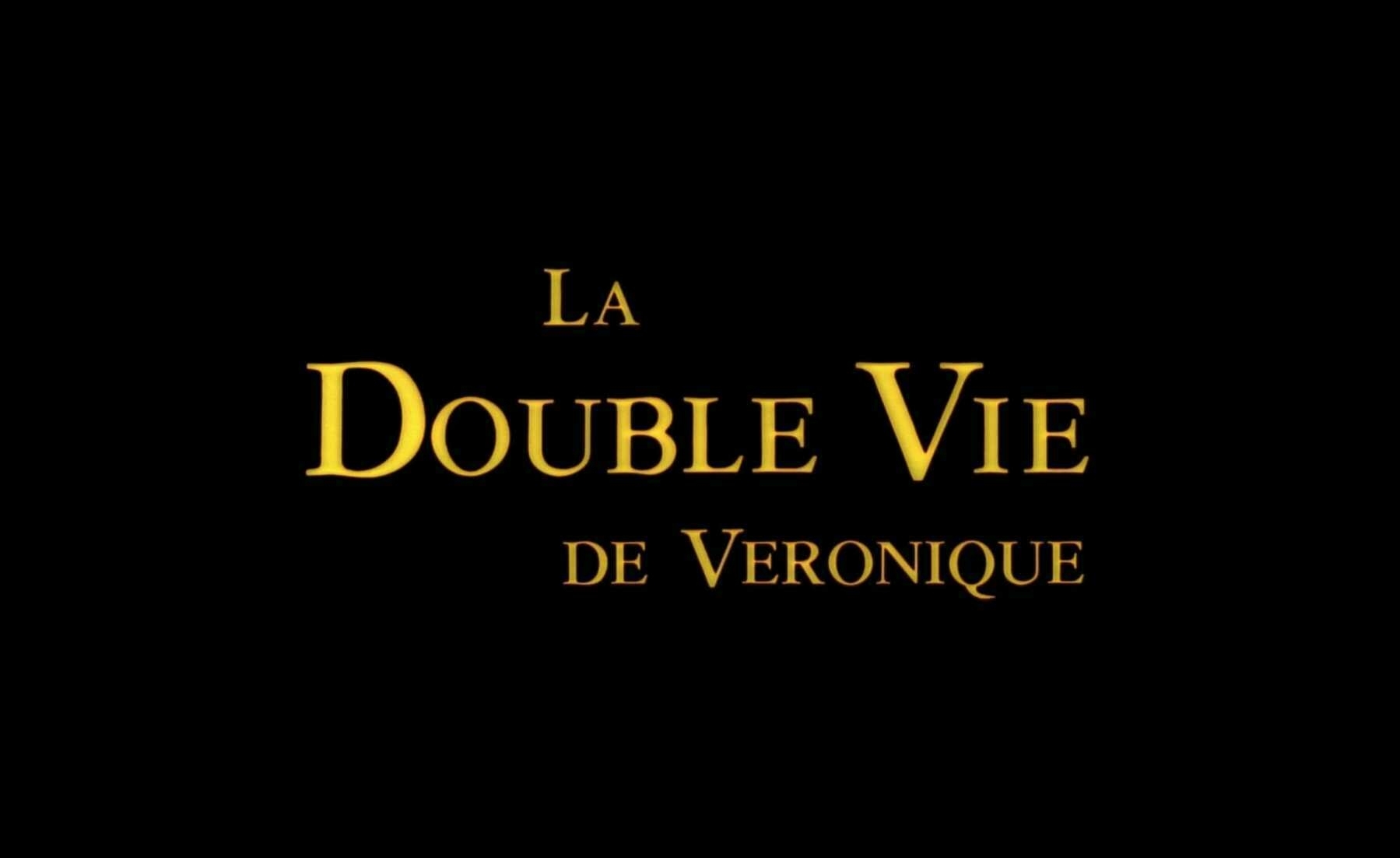I’ve battled with perfectionist tendencies my whole life. It didn’t start becoming an issue until I was in film school. Staying up until 3:00 in the morning to get a film I was working on to look and feel just right led to some unhealthy sleep habits. Luckily, I was in my 20s and could bounce back from those poor decisions with ease.
An additional benefit: not considering how I was treating myself back then has made me much more aware of how I’m treating myself now. Mistakes are the best teachers!
Learning is a bumpy road. You’re going to hit some potholes, take some turns going way too fast, possibly screw up your alignment for a while. There’s no quick and easy path toward improvement.
In my case, just because I’ve learned more about my destructive habits doesn’t mean that I’m always going to be successful at avoiding them. It’s always all too easy to fall off the wagon and get mired in the muck of past mistakes. I know that I can be a perfectionist, but simply knowing that doesn’t mean I’ll forever be able to avoid it.
A few weeks ago, I took a hard look at myself and wondered what purpose I had. What was I doing with my life, or what did I want to do with it? I wasn’t able to come up with any compelling answer to any question I asked, which felt like a bucket of cold water dumped over my head. At my relatively young—but still not all that young—age, not being able to come up with those answers felt unacceptable to me. I took some time to ask myself what I’m interested in and what I think I could be good at doing.
My idea was to learn how to program; specifically, I’m currently teaching myself Swift, Apple’s new-ish programming language for their devices. I think I had some good reasons for committing myself to this endeavor:
- I’m a fan of Apple, its history, and its products.
- I think I have some general aptitude for programming languages. I’ve dabbled in HTML and CSS (admittedly, very different languages) and didn’t run away screaming.
- There are still many good opportunities for people with programming skills, even, I hope, for someone of my age.
I’ve found some compelling online courses and am starting to collect whatever helpful books I can get my hands on. I’m lucky that there are countless resources for this language, and programming concepts in general.1
But like anything worth doing, learning Swift hasn’t been easy. It’s been challenging from the get-go. For someone who struggles with perfectionism, being unable to quickly grasp what I’m learning or running into roadblocks with my code can feel disheartening. In fact, it’s what has kept me from pursuing this knowledge and career path until now. Hitting a wall doesn’t feel fun, especially if you also make the mistake of comparing yourself to other people who appear to be pole vaulting over those formidable walls. That’s just a recipe for disaster.
There’s a vast amount of stuff for me to learn. Indeed, from what I’ve heard, there will never be an end to my education. Technology moves, well, swiftly, and new concepts are created every day. Programming will be a forever challenge.
Having that awareness doesn’t always help avoid hits to my confidence when I have a tough day learning these new things. Perfectionism is not a rational feeling. For instance, I started learning Swift a couple of weeks ago. Of course I’m going to find all of this new information tough to understand, coalesce in my mind, and implement. Rough days are bound to happen. Struggling with everything that a for loop or a func can do is not a sign of me failing. It just means that the subject matter is difficult and complex.
However, I’ve been told that those frustrations are part of the process. Programming is not an easy or totally carefree gig for anybody. If I wanted to do something that wasn’t challenging, then I sure as heck picked the wrong profession. Convincing myself otherwise is a good way to wind up back in a life lacking in purpose.
Instead, tough days are good opportunities to practice patience and stick-to-itiveness. Fighting against perfectionism is going to be as difficult as learning how to program, but both are worth doing. It’s a day-by-day process, and I’m looking forward to learning and improving tomorrow.
-
Heck, we’re all lucky that we live in a world where Google, Stack Overflow, and the rest of the entire freaking internet is available to so many people. ↩︎
Title Card: Psych (2006–2014)
In celebration of the brand new (and excellent) Psych movie coming out yesterday, it’s time for a Psych title card!
Psych1 was created by Steve Franks. It premiered on the USA Network on July 7, 2006.
The show was executive produced by Steve Franks, Chris Henze, Kelly Kulchak, Mel Damski, and Bill Callahan, along with GEP Productions, NBC Universal Television, Pacific Mountain Productions, Tagline Pictures, Universal Cable Productions. 🎞
-
This is, by the way, my favorite television show ever. I love many shows, but this is the one that has brought me the most entertainment and joy over the years. It was also something my wife and I bonded over when we first met, and continue to almost religiously watch together. ↩︎
I sure do wish the creators of Castro, my preferred podcast app, would debut the iPad app they’ve been working on for at least the last year. I understand that it’s hard, time-consuming work, but as Harry told Sally,
When you realize you want to spend the rest of your life with somebody, you want the rest of your life to start as soon as possible.
According to my Letterboxd account, I’ve just watched my two-hundredth film of the year. The one that got me there was Park Chan-wook’s unique vampire film, Thirst.
I wonder how many I’ll have watched by the end of the year…
Do bad guys in movies ever have to call in sick to work? What does the management structure in, say, the Death Star look like? How does their HR department perform? How often do bad guys have to attend weekly Zoom meetings or mandatory 401(k) seminars?
Title Card: Seven Samurai (1954)
Seven Samurai (or Shichinin no samurai) was written by Akira Kurosawa, Shinobu Hashimoto, and Hideo Oguni and was directed by Akira Kurosawa. It was released in 1954.
The film was produced by Sôjirô Motoki, along with Toho Company. 🎞
Given the amount of airplane noise I’m constantly hearing over my house these days, I’m beginning to wonder if some bored millionaire recently moved into my small-ish city and is making the local airport their personal playground.
After watching season two episode eight of The Morning Show, I’m more convinced than ever that this thing has no idea what story it’s trying to tell anymore.
So, what, let’s brush aside the sexual assault issue that started the show in the first place? More COVID instead!
Title Card: Good Night, and Good Luck. (2005)
Good Night, and Good Luck. was written by George Clooney and Grant Heslov and was directed by George Clooney. It was released in 2005.
The film was produced by Grant Heslov, along with 2929 Entertainment, Participant Productions, Section Eight, Davis-Films, Redbus Pictures, and Tohokushinsha Film Corporation. 🎞
I’ve always enjoyed the data I get from using the Sleep Cycle app, but the alarm has failed on me too many times (including this morning).
I love sleeping in as much as anybody, but not when it’s an accident caused by something I rely on.
Letterboxd Diaries—October 2021
- The Desperate Hours: A slow, trembling burn ignites into a tense inferno. Bogart gives a menacing performance in his penultimate role. This is a tragic story with a doomed trio of antagonists. The suspenseful mood is heightened by the excellent nighttime stagings. It’s a thrill from start to end. (★★★★)
- Double Indemnity: Baby, this feels like one of those watershed films that shook the industry and continues to make waves long after its release. There are many films that can count this one as an influence. Billy Wilder, Barbara Stanwyck, Fred MacMurray, and Edward G. Robinson were all exemplary. You know what, baby? This was a wonderful movie, baby. It’s got tension to spare and a thrilling story, baby. Never count out Keyes and his stomach of knowledge, baby. (★★★★★)
- Incendies: The twist in this one can stand up to any of the greatest in film history. What’s more, it’ll punch you in the gut hard enough to make you double over. Is it any surprise that Denis Villeneuve would go on to have the career that he’s had? This guy is clearly a master storyteller, and I think he’s still got a long career ahead of him. This one may not have the polish of his later films, but it does have more gut-wrenching emotion and one of the most unflinching eyes of any film. (★★★★½)
- The Nice Guys: I can’t think of a single Shane Black film that isn’t fun as hell. Whatever “it” is, he’s got it. Story-wise, this one isn’t nearly as strong as, for instance, Kiss Kiss Bang Bang or Lethal Weapon, but it makes up for that lack with a perfect buddy pairing. Russell Crowe and Ryan Gosling shine as a mismatched private detective team, with both of them bringing unique flavors of comedy to their roles. Angourie Rice holds her own against these two towering (both in talent and stature) actors. (★★★★)
- Free Guy: Undoubtedly fun, but not nearly as funny as I was hoping for. It’s got everything going for it—Ryan Reynolds, Jodie Comer, Taika Waititi, a high concept, unique story—but it still can’t manage to be anything extra special. The amount of video game-inspired Easter eggs brings a welcome bit of fun. Otherwise, it’s perfectly fine, but it isn’t a film that’s likely to stick in my mind for very long. That’s its greatest tragedy: it’s forgettable. (★★★½)
- Batman Returns: There’s an unfortunate lack of Batman in this Batman movie. And I saw this one at the wrong age. I bet I would have loved and appreciated the camp when I was younger. Instead, I saw it in my mid-30s and all I could notice was an over-reliance on its cartoonish villains. Where’s the development of Bruce Wayne? It’s supposedly his movie, so where’s his story? Why is this film about little but local city politics? Admittedly, it did look unique and remarkable. Tim Burton of this era definitely had a distinct aesthetic and it works in a Batman movie, for the most part. (★★½)
- Tommy Boy: If somebody ever asked you to point out an example of a film that was designed to appeal specifically to boys in their teenage years and early 20s, then this is your perfect pick. It’s sophomoric, loud, and repetitive. What keeps this movie from sinking into terrible territory is its genuine heart. There’s an earnest story about family, friendship, and legacy here. There’s also no denying the obvious charm and appeal of Chris Farley. A movie like this one proves that he could have gone on to create many more indelible and cherished films. (★★★½)
- Official Secrets: Give me all of the British people talking about spycraft, intrigue, and do-goodery that you’ve got. I could watch that stuff forever. Next to the brooding courtroom drama, it might be my favorite genre. I guess I’m just a big fan of watching people who are more adult than I’ll ever be try to solve impossible problems (and sometimes while wearing barrister’s wigs). Oh, and of Keira Knightley. She’s just great and I hope she’s living a good life. (★★★½)
- Denial: Along with Official Secrets, I’ve been watching a lot of films that feature posters of women with severe looks on their faces being bordered by frowning men. I had no idea this genre existed. This one was well-done, with performances that felt impassioned and exuberant. It depicts an important moment in history, and one that more people should be aware of. Also, barrister’s wigs galore! (★★★½)
- Squid Game: More of a tv mini-series, but it was on Letterboxd, so why not? I’m not in the least bit surprised that this one has captured the attention and adoration of so many people. It’s well done, affecting, and comes with a powerful, anti-capitalist message (which is more necessary than ever these days). We are all Seong Gi-hun, or should strive to be more like him. I was hoping this would be more of a mini-series, but I’ll gladly watch another season. (★★★★)
- Die Hard: After each viewing of this film, I spend time trying to figure out if it would be anywhere near as great if the inimitable Alan Rickman was not in it, playing the German terrorist, Hans Gruber. It’s undeniable that Bruce Willis is great, and he’s ultimately the reason why, so far, four sequels have been made. However, would this one be the certifiable classic it’s become if not for Rickman? I’m not so sure. Suffice it to say, this is about as fun and thrilling as action movies can get. It’s pretty damn brilliant. (★★★★½)
- Old: Like an extremely well-funded student film. It looks amazing, but the writing never fully delivers. It feels like it’s always aware of how clever it’s trying to be. While everyone tries their damnedest to act out their parts as well as they can, and largely succeed, the film also suffers from a hectic edit that ends up being tiring instead of tense. Shyamalan is capable of making a great film, but he seems insistent on beating us over the head with how ingenious he thinks he is. (★★)
- Still Walking: I wish I could live in this movie. It’s the perfect mix of pleasant, peaceful, ravishing, startling, melancholic, and hopeful. Hirokazu Kore-eda has a way of dramatizing the everyday routines of humans that is so approachable, and yet still retains a great amount of depth. A movie like this, with its placid tone and pacing, sets you at ease. Until, that is, a tense and revealing moment hits you like a brick across the face. I loved every moment of this one. It offers no easy answers, but rewards engaged watching like few others can. (★★★★★)
- The Rainmaker: In the genre of “takin’ down the assholes in dramatic, triumphant courtroom dramas,” this one ranks as pretty good. It’s delivering on all of its promises. Great performances abound (despite an, as usual, criminal lack of Mickey Rourke). There are antagonists that engender vitriol and disgust. There’s a blossoming love story that earns its affections, both from the viewer and inside the movie. It’s pretty decent all around. I suspect that it’s the source material that holds this one back from being stellar. Coppola does what he can, but you can only push average so far. (★★★½)
- Just Mercy: This is a fascinating and heartbreaking film that was based on a true story. It depicts the cruelty and unjust treatment of Walter McMillian, a man who was sentenced to death for a crime he didn’t commit. It continues to anger up my blood to see that the death penalty is still an acceptable form of punishment in some places and, according to the film, that 1 in 9 people on death row are innocent. This film does a great job of dramatizing the earnest work of the Equal Justice Initiative, the disgusting treatment of black people, and how necessary true change still is in the world. All of the performances were great. Michael B. Jordan was a driving force. Jamie Foxx was moving in every one of his scenes. For having received such prominent billing, I would have liked to have seen more of Brie Larson. (★★★★)
- Fast & Furious 6: At the beginning of this film, Toretto promised O’Conner that their old life would be over now that a kid’s in the mix. Dude lied. This was still fast and furious. I was expecting slow and mostly content. A baby should not be anywhere near this many speeding cars and brooding speeches! I guess you can take the family out of the fast and furious, but you can never take the fast and furious out of the family. (★★★)
- The Fog of War: It’s not often when you think, “Gosh, this complete and utter asshole sure has lived a remarkable, awe-inspiring life. I’d like to give him a handshake and a punch in the mouth.” Watching this, I had one of those moments. That’s all thanks to Errol Morris’s unwavering attention to detail and his total willingness to let his subject speak for himself. There appears to be very little leading going on, which allows McNamara to, seemingly unknowingly, explain just how much of a monster he really is. Unfortunately, he’s allowed to squirm and wriggle his way out of responsibility far too often. I would have liked to see more fire and pushback from Morris, but that probably would have made McNamara do in the interview what he should have done in Vietnam: pull out of it. (★★★★)
- The Night House: This entire damn movie boils down to a woman being terrorized by a ghost stalker who can’t get over a girl he likes? That’s it? I surely must be missing the deeper message. Well, the award for most misleading trailer for a movie goes to this one. It’s a good thing Rebecca Hall is always so great because, otherwise, this wouldn’t be intriguing at all. It would have nothing to draw a person in, and that’s pretty inexcusable for something that purports to be mysterious and spooky. This sets an excellent mood, but then it leaves so much on the table, instead preferring a limp ending with no actual resolution. (★★½)
- Dune (2021): Enormous in scope. Superb in execution. Thrilling in story and spectacle. I suspect that this film will be even more grand and affecting when paired with the better be forthcoming Part Two. Denis Villeneuve continues to prove that he’s one of the very best directors working today. There’s hardly anyone else who can match him in vision and storytelling ability. (★★★★½)
- Hellboy (2019): Inferior in just about every single way to Guillermo del Toro’s superb pair of Hellboy films. Watch those instead. They are much better films. (★½)
- Furious 7: I wouldn’t have minded if this movie was about a half-hour shorter than it was. The dang thing ended up being kind of tiring by the time the credits rolled. However, that was because it’s so full of action, explosions, glowering looks, surprising emotions, and oiled-up muscles that a person can’t help but be worn out by the end. This ain’t no pleasure cruise. They’re saving the world, damn it! The send-off to Paul Walker at the end caught me off guard and was more moving than I expected it to be. It was well done. (★★★½)
- Kate: It’s got style for days. Unfortunately, the story and the action don’t quite live up to its appearance. There’s very little lore to inform its world. I would have loved to see more of what makes Kate into Kate. What was more of her childhood like? Why is Japan so central to the film? It’s a damn shame, because Mary Elizabeth Winstead is always great and always gives it her all. This one will surely draw a lot of John Wick comparisons, but it doesn’t match the world-building in John Wick. (★★★)
- 28 Weeks Later: Goes by in a flash, but never gives you much of a chance to make any strong connections to any of the characters. For a movie that’s all about threats and terror inflicted on the characters, not feeling for them makes for a hollow experience. At that point, what makes this film worth watching is the exhilarating thrill of watching these people try to survive their predicament. (★★★)
Total movies watched: 23.
Favorite movie of the month: Still Walking.
Worst movie of the month: Hellboy. By a mile. Although, Batman Returns was a close second for me. Not because it was poorly made, but because it was so underwhelming while also being so well-regarded.
Be sure to follow me on Letterboxd! 🎥
Anytime I start a new Haruki Murakami book, and I get to the inevitable aural fixation, I wonder, does this man really have an insatiable ear fetish or is he just playing some kind of long-con inside joke?
Does being excited to take my fancy new supplements mean that I’m finally an adult?
Title Card: Casablanca (1942)
Casablanca was written by Julius J. Epstein, Philips G. Epstein, and Howard Koch and was directed by Michael Curtiz. The film was released in 1942.
It was produced by Hal B. Wallis and Jack Warner, along with Warner Bros. 🎞
Denis Villeneuve’s Dune was about as grand and moving a film as I’ve come to expect from him. In a little over a decade, he’s become one of the most interesting directors working today. His films are sticking around for the long haul, and I frequently rewatch many of them.1
This is a film that should be seen in theaters. It deserves as big a screen as one can find. I bet an IMAX showing would be a uniquely moving experience. Heck, given how impressive the sound was, I wouldn’t be surprised if it actually shook some people right out of their seats. You should see it. It’s impressive, to say the least.
I watched it on HBO Max on my relatively dinky 55” television. I’ve also got a pair of HomePods I use for audio. Compared to the vast expanse of a theater screen—a canvas truly worthy of the gargantuan size of the terrifying Sandworms—my television was a shameful Lilliputian consolation.2 Suffice it to say, Denis isn’t going to be impressed with how I viewed his film.
Our friendship prospects are looking bleaker by the day.
Were it not for both COVID and the recent, tragic shooting at one of my preferred local theaters, I would have seen this great film the way it was meant to be seen. I’ve always treasured going to the theater. It was something special I did with my dad and I’ve also treated myself to solo trips on countless occasions. It breaks my heart that I no longer feel safe or enthusiastic about indulging in an activity that means so much to me.
I can do what I’ve always done about COVID. I could wear a mask and distance myself from other theatergoers. I’m also vaccinated, so my personal risk is fairly low, despite how many people are still not fully vaccinated.
But how does someone avoid a hateful, destructive person who is intent on murdering others who are only sitting peacefully in a theater and enjoying the entertainment they paid for? How does one prevent a seemingly random act of disgusting violence from befalling them, especially in a place where visibility and awareness are so low? How do I avoid dying in a theater if not by avoiding theaters altogether?
Those senseless murders are horrible for two reasons: lives were ended and terror was forced into our minds. I hate that I have to live with this fear now because evil, cowardly, sick people keep feeling the need to make theaters their personal hunting grounds.
I wish that I could have seen Dune the way it was meant to be seen. I would have loved those two and a half hours in one of my favorite places. Instead, I watched it at home. It’s a better theater experience only in as much as I’ve got a large, comfy couch to sit on and I can pause the film for bathroom breaks whenever I want.3 Otherwise, it hardly has the special magic of a theater.
I wish my country didn’t have an insane, crippling fetish for instruments of death. There is no need for them to be so easily accessible by the general public. I wish sick people could better receive the care they desperately need. I wish they would stop taking the lives of others.
And I want my theaters back.
UPDATE: Looks like I’ll get to watch Part Two on my television in the future, as well. I’m very glad the sequel was greenlit. It would have been such a shame if this adaptation wasn’t able to get a conclusion.
-
Except for perhaps Incendies. Not because it wasn’t a good film—it was one of the most powerful films I’ve ever seen—but because the twist was so heart-wrenching that I don’t think I want to put myself through it again. ↩︎
-
But hey, at least it was in 4K? ↩︎
-
Which comes in handy when the film I’m watching is as long as Dune was. ↩︎
macOS Monterey is out now. I think it’s a fine release. I’ve got my fingers crossed hoping that it won’t destroy my computer in the coming days.
What I’d love to see now is any sort of attention paid to Reading List. A first-party solution with actual organization would be nice.
There’s supposed to be a lot of rain in my area today, and I couldn’t be more excited. It feels foolish to wish for consistent weather these days, but I’m still going to hope this means we’re officially out of summer now.
Title Card: The Double Life of Véronique (1991)
The Double Life of Véronique was written by Krzysztof Kieslowski and Krzysztof Piesiewicz and was directed by Krzysztof Kieslowski. The film was released in 1991.
It was produced by Sidéral Productions, Canal+, Zespol Filmowy ”Tor”, and Norsk FIlm. 🎞
I think the new Apple Music Voice Plan may be a decent offering.
I do feel some pity for fans of classical music who will have to request “Mozart’s Symphony No. 25 in G Minor, K. 183: I. Allegro con brio.” Or Bon Iver fans who want to listen to anything from 22, A Million.
